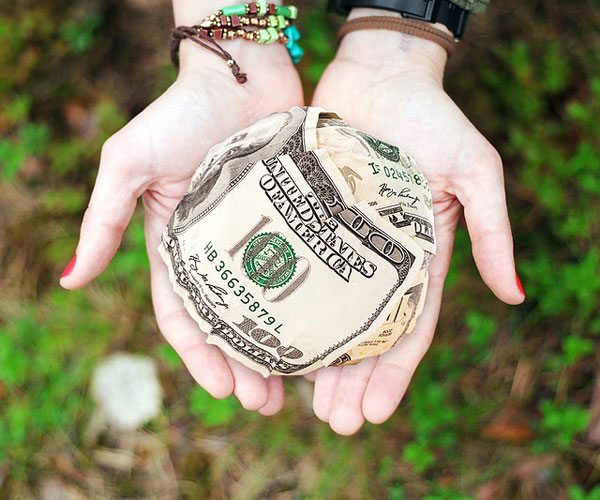
November 7, 2017; Fast Company
Can we trust that people are best situated to make a decision about what will help them most? Give Directly’s latest experiment, a domestic program following Hurricane Harvey and targeting hard-hit Houston, may provide further data to answer that question.
The organization, which claims it spends just two cents on every dollar raised, stands in direct contrast to most relief organizations, whose dollars, in part, go to transporting food and other goods to affected areas.
“I think our philosophy is pretty simple,” GiveDirectly cofounder Michael Faye tells Fast Company. “Recipients [in disaster zones] prefer cash and prefer making their own decisions and are often frustrated with receiving things that they don’t need.”
Give Directly’s approach is rich in data, earning them an early $2.4 million gift from tech giant Google. Cash transfers are often completed via cellphone, and they’ve learned from past experience to fund entire villages and communities rather than create winners and losers among neighbors.
Sign up for our free newsletters
Subscribe to NPQ's newsletters to have our top stories delivered directly to your inbox.
By signing up, you agree to our privacy policy and terms of use, and to receive messages from NPQ and our partners.
Working in smaller towns with widespread impact allows us to maximize speed of delivery by simply enrolling every household. We’ve also found that in communities hard hit, there is strong support for a universally targeted approach.
They also cite numerous research articles demonstrating that the stereotype of poor people spending cash assistance payments on cigarettes and booze is just that—a stereotype.
Critics of traditional international aid can often point to examples of supplies that never reached the hands of intended recipients or went to waste in costly, transported heaps. “In 2008, tons of food for a hunger relief effort in Haiti simply rotted at port. In 2013, NPR reported that aid groups were overwhelmed by clothing sent to help victims of Superstorm Sandy.” But with cash aid, beneficiaries buy from local providers, extending the help to local suppliers and beyond the individual recipients.
As Give Directly tracks this latest effort, the results just might ignite a public policy debate in the United States about how best to help people. And it just might be what we’ve been hearing from people in crisis all along: “Send money, not stuff.”— Jeannie Fox













